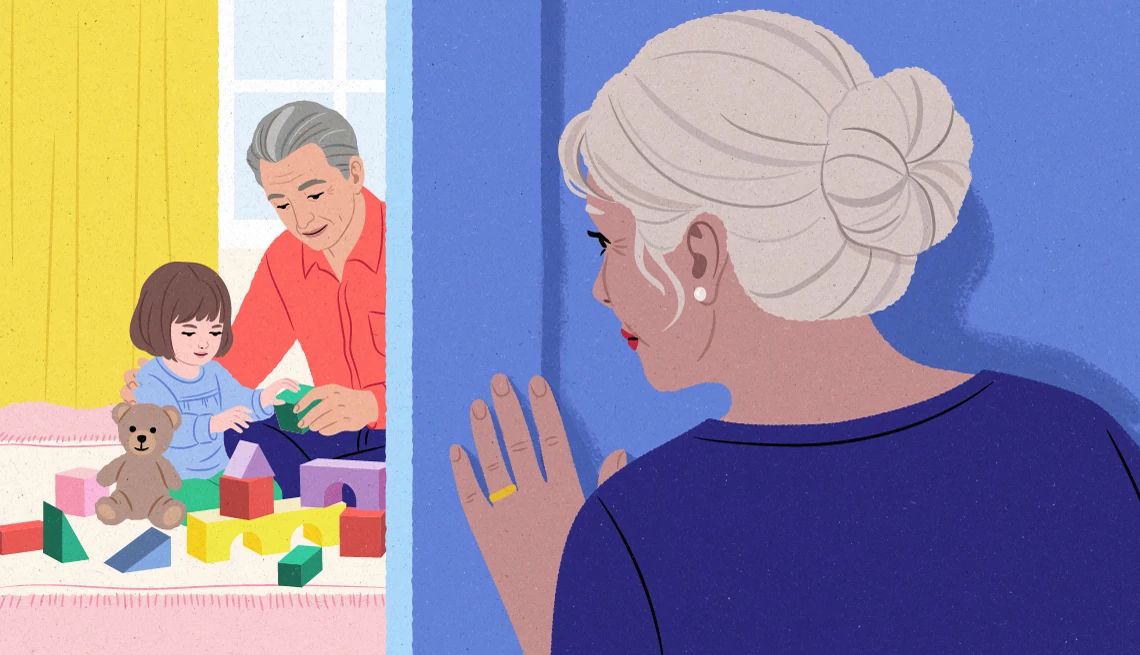AARP Hearing Center


Welcome to Ethels Tell All, where the writers behind The Ethel newsletter share their personal stories related to the joys and challenges of aging. Come back Wednesday each week for the latest piece, exclusively on AARP Members Edition.
When my daughter Janelle, still in college, announced her pregnancy, my initial reaction was not one of joy but of fear and disappointment. I was terrified for her future, believing she was too young for motherhood.
The dreams she had of traveling and becoming a psychiatrist were suddenly altered by this unplanned pregnancy, and it was a difficult reality to accept. On the surface I remained supportive, but deep down I dreaded becoming a grandmother.
While all my friends raved about their grandbabies, at 52, I felt too young to fit the stereotypical image of a doting, elderly woman baking cookies with a grandchild. All the grandparents I knew were well into their 60s or older and thrilled to be involved with the caregiving of their grandchildren.
However, seeing how it consumed their lives, I never wanted to be in their shoes. I never pushed my adult children into having kids, like some friends did.
I was an empty nester who enjoyed my peace and quiet. I’d already put my life on hold to raise four children and had zero interest in giving up my newfound independence. I was also still working and used my free time to travel. Being a hands-on grandmother was not a priority.
The first time I held my newborn granddaughter Charlotte in my arms, she was squirmy and fussy, likely sensing my discomfort. When it came time to help change her diaper or feed her, it was as if I’d forgotten all the rudimentary skills of early motherhood. It had been 16 years since I’d last done any of those things, and the awkwardness only fueled my feelings of inadequacy.




































































More From AARP
How Can I Help My Partner With Depression?
What to do when a loved one seems withdrawn and may be depressed
Parents Have Wild Stories You've Never Heard
It’s your job to dig them up before it’s too late
25 Great Ways to Connect With Your Grandkids
Smart, silly, seriously fun ideas for making memories across generations